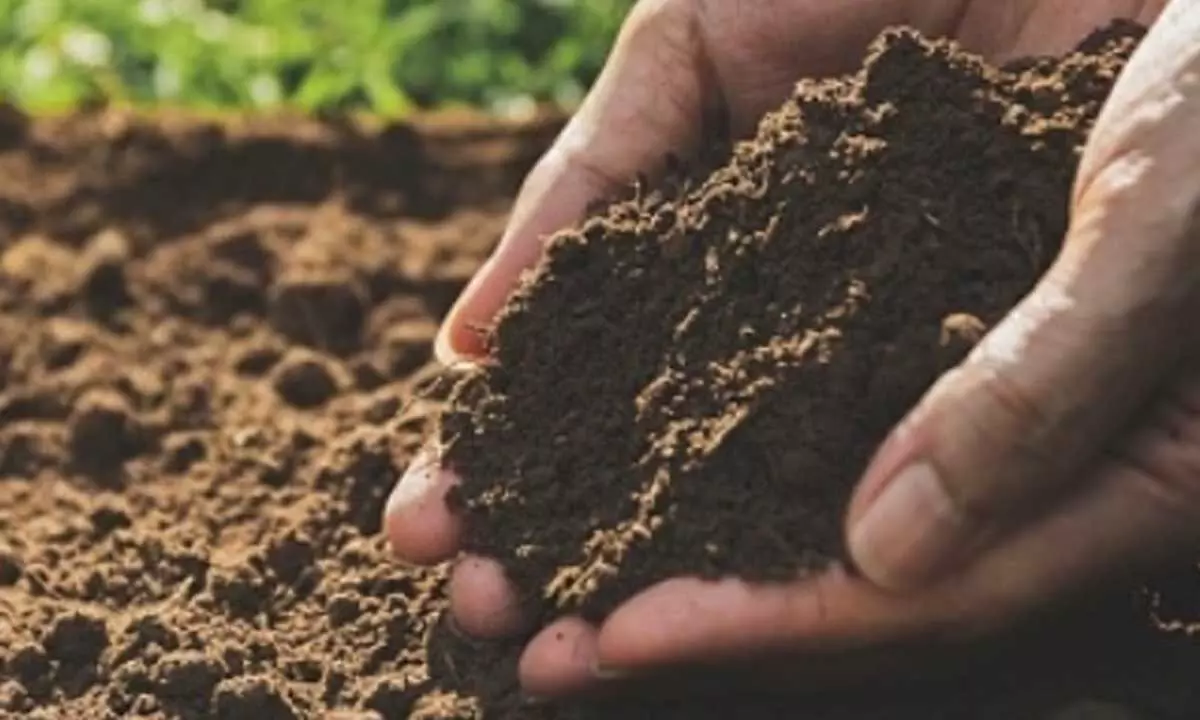AI can help predict influence of microplastics on soil properties
Share :

Scientists have used machine learning to reveal how different characteristics of microplastics can significantly alter soil properties.
Seoul: Scientists have used machine learning to reveal how different characteristics of microplastics can significantly alter soil properties.
Plastic waste and its buildup in nature has become a major environmental concern in recent times. While plastic pollution in the oceans is undoubtedly a concern, the presence of plastics in soils around the world is also known to cause severe environmental and health issues.
As plastics fragment into smaller pieces known as microplastics in the soil through natural and anthropogenic processes, they drastically alter soil properties.
Moreover, they are also absorbed by plants, potentially entering the human food chain and causing health complications.
A team of scientists at Korea University programmed machine learning (ML) algorithms to predict the influence of microplastics on soil properties and found that different microplastics factors, such as type, size, shape, and dosage significantly altered soil properties.
Specifically, microplastics size was identified as a major factor that affects soil properties.
Besides this, the shape, type, and dosage of microplastics was also found to distinctly influence the soils’ chemical properties.
"This pioneering study contributes essential data to support informed decision-making on plastic waste management, aligning with the global focus on sustainability and ESG (Environmental, Social and Governance) principles. It underscores the importance of innovative research in guiding corporate sustainability efforts, where plastic-related issues are a growing concern. The application of ML techniques to this problem demonstrates the potential for advanced technology to drive sustainable practices and create a greener, more eco-conscious future," said Prof. Yong Sik Ok of the varsity.
These quantitative insights into the influence of microplastics on soil characteristics, published in the journal Environmental Pollution, represents a breakthrough in comprehending and mitigating the plastic waste dilemma.
The study's utilisation of machine learning algorithms marks a groundbreaking shift from traditionally complex and resource-intensive methods for predicting and interpreting the impact of microplastics on soil properties.
Integrating machine learning insights to study the impact of microplastics in the context of ESG aligns with social responsibility, fostering sustainable practices with positive community effects.
Corporations tackling microplastics pollution can not only reduce their environmental footprint but also build community trust by applying machine learning solutions. These efforts could, in turn, influence industry standards, potentially creating jobs and driving economic growth in related fields, the team said.














